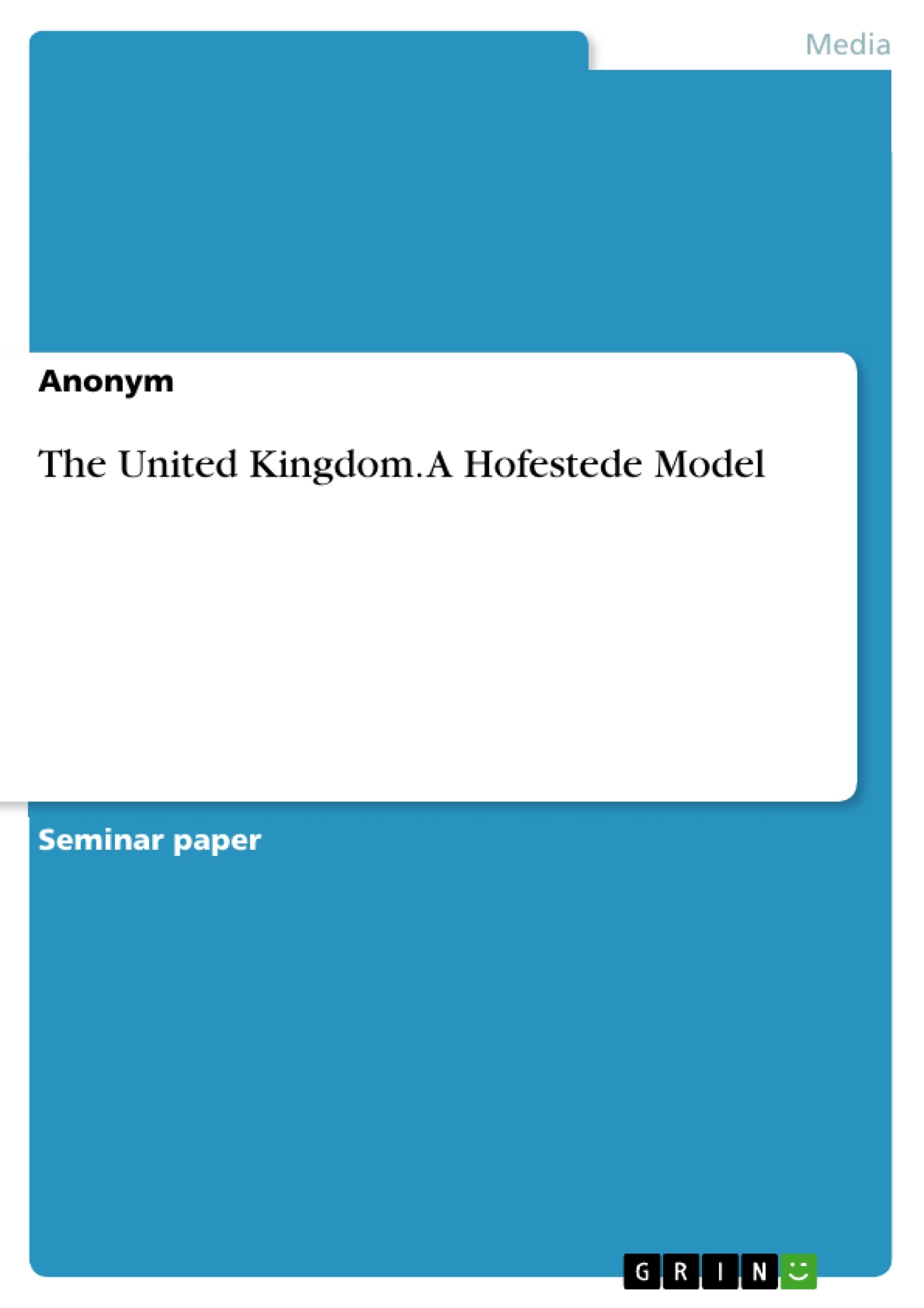Nowadays more and more companies want to extend their activities to other countries to expand their network or range and increase their competitiveness. Basically the right to found a company or even to establish a subsidiary or branch is valid for each citizen of the European Union. But what are lucrative locations? According to a survey, many international managers see China, the USA and Germany on the top. Economic external conditions as infrastructure, qualified employees, good social climate or the stable political environment led to a high eminence of the "location" Germany in the world, but nevertheless the country doesn’t get a look-in in the sector of digitalisation. The USA is pressing ahead. But which incentives really
attract and tempt companies? How attractive is the European Union or Europe? The survey places the next member state on place eight – the United Kingdom. How a culture itself influences the choice of location often isn’t evident and won’t be mentioned as a reason. But in which country is it ideal to extend or establish a company? Does a cultural dimension model point out if it’s appropriate to extend the marketing activities of a German company in another European country such as the United Kingdom? The objective of this assignment is to show if it is appropriate by applying the model of Hofstede. In the first part of the assignment the United Kingdom will be characterized by general information and its cultural values. Afterwards the model of Hofstede will be explained and the scores in the United Kingdom will be examined and interpreted by applying them to the cultural values. For simplification reasons, the last two dimensions of the Hofstede model won’t be included. The result of the two parts will lead to a recommendation for a business decision and in conclusion the main outcome will be summarized.
Inhaltsverzeichnis (Table of Contents)
- Introduction
- United Kingdom
- General facts
- Cultural values
- Hofstede model
- Definition
- Scores in the United Kingdom
- Recommendation for a business decision
Zielsetzung und Themenschwerpunkte (Objectives and Key Themes)
This assignment aims to determine the appropriateness of extending a German company's marketing activities to the United Kingdom by applying the Hofstede model. It analyzes the United Kingdom's cultural values and compares them to the model's dimensions to assess the potential impact on business decisions.
- Cultural values of the United Kingdom
- Hofstede model and its application to the UK
- Impact of cultural differences on business decisions
- Recommendations for successful business expansion
- Analysis of the cultural dimensions relevant to business operations
Zusammenfassung der Kapitel (Chapter Summaries)
- Introduction: This chapter introduces the context of expanding business operations into other countries, highlights the importance of cultural considerations, and outlines the objective of the assignment. It also briefly discusses the attractiveness of the United Kingdom as a potential location for business expansion.
- United Kingdom: This chapter provides a general overview of the United Kingdom, including its political system, demographics, languages, and economic characteristics. It also explores the cultural values of the United Kingdom, focusing on religion, family, social stratification, and communication style.
Schlüsselwörter (Keywords)
The key concepts explored in this assignment include cultural values, Hofstede model, business decision-making, cultural dimensions, cross-cultural communication, international business, and the United Kingdom.
Frequently Asked Questions
What is the main objective of this assignment?
The goal is to determine if it is appropriate for a German company to extend its marketing activities to the United Kingdom using the Hofstede model.
Which model is used to analyze cultural values?
The assignment applies the Hofstede model of cultural dimensions to compare German and British values.
How attractive is the UK for international business expansion?
According to the survey mentioned, the UK is ranked as the eighth most lucrative location for international managers.
Which cultural values of the UK are explored?
The analysis focuses on religion, family, social stratification, and communication styles within the United Kingdom.
Are all dimensions of the Hofstede model included?
No, for simplification reasons, the last two dimensions of the Hofstede model are excluded from this study.
- Citation du texte
- Anonym (Auteur), 2017, The United Kingdom. A Hofestede Model, Munich, GRIN Verlag, https://www.grin.com/document/442613



